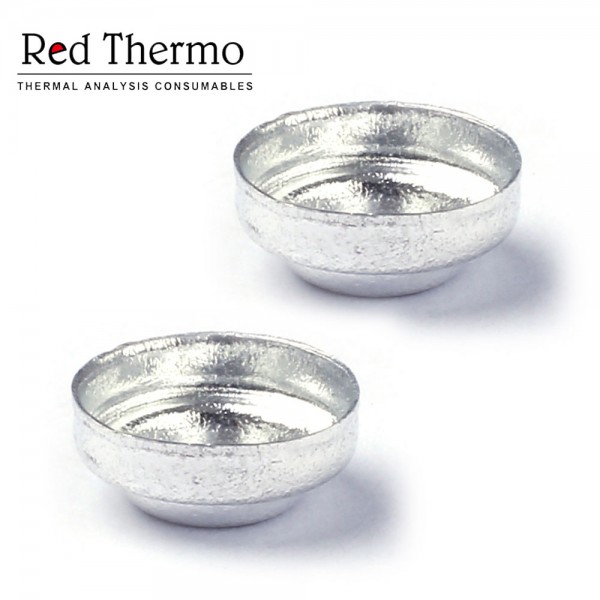Your cart is empty.
shop now
Your cart is empty.
shop now
When materials experience temperature fluctuations, DSC emerges as a potent tool for scientists and researchers to precisely quantify heat flow and discern critical phenomena such as phase transitions, chemical reactions, and material stability. Notably, the selection of an appropriate crucible is paramount in achieving accurate and dependable DSC results.
Differential Scanning Calorimetry (DSC) represents a versatile and potent analytical approach that has garnered extensive adoption across diverse industrial sectors. Ranging from materials science and pharmaceutical research to food technology and polymer engineering, the capability to precisely quantify heat flow dynamics and pinpoint phase transitions is indispensable for elucidating the behavior and characteristics of a myriad of materials.
Despite the advancements in thermal analysis instrumentation and the availability of various dsc crucible options, there are still common challenges that can arise during DSC measurements. Understanding these challenges and having effective troubleshooting techniques at hand can help ensure the accuracy and reliability of your DSC data.
One of the most common issues in DSC measurement is the presence of baseline drift or noise in the data. This can be caused by a variety of factors, including improper sample preparation, insufficient thermal equilibration, or issues with the instrument itself. To address baseline drift, it is essential to carefully follow sample preparation protocols, ensure proper thermal contact between the sample and the crucible, and perform regular instrument calibration and maintenance.
Another common challenge is the occurrence of sample-crucible interactions, which can lead to distorted or unreliable DSC signals. This can happen when the sample reacts with the crucible material or when the sample undergoes physical changes, such as melting or evaporation, that can affect the heat flow. To mitigate these issues, it is crucial to select a crucible material that is chemically compatible with the sample and to monitor the sample behavior during the measurement.
Inaccurate temperature measurement is another potential source of error in DSC experiments. Factors such as thermal lag, uneven temperature distribution within the sample, or issues with the temperature sensor can all contribute to temperature measurement errors. Addressing these challenges may involve optimizing the sample size and heating rate, ensuring proper thermal contact between the sample and the crucible, and regularly calibrating the temperature sensor.
Finally, the presence of air bubbles or sample irregularities can also affect the quality of DSC data. Air bubbles can introduce additional heat flow signals, while sample irregularities can lead to uneven heat transfer and inconsistent results. To minimize these issues, it is essential to carefully prepare the sample, ensure proper sample loading, and visually inspect the sample before and during the measurement.
By understanding these common challenges and employing effective troubleshooting techniques, researchers and analysts can overcome the obstacles encountered in DSC measurement and obtain reliable, high-quality data that accurately reflects the thermal behavior of their samples.
In conclusion, the realm of thermal analysis crucibles and Differential Scanning Calorimetry (DSC) measurements offers a wealth of insights into the behavior and properties of diverse materials. While DSC has become a versatile and widely adopted analytical tool, ensuring accurate and reliable results necessitates addressing common challenges such as baseline drift, sample-crucible interactions, inaccurate temperature measurement, and sample irregularities. By adopting effective troubleshooting strategies and adhering to best practices in sample preparation and instrument calibration, researchers and analysts can harness the full potential of DSC and thermal analysis crucibles to advance their understanding of materials and drive innovation across various industries.